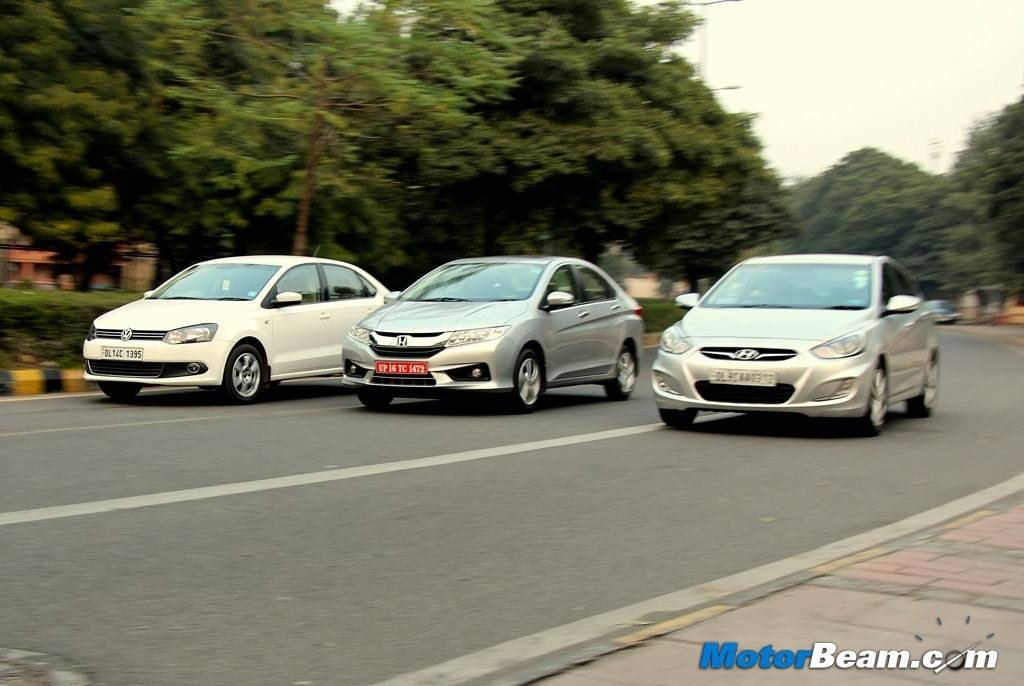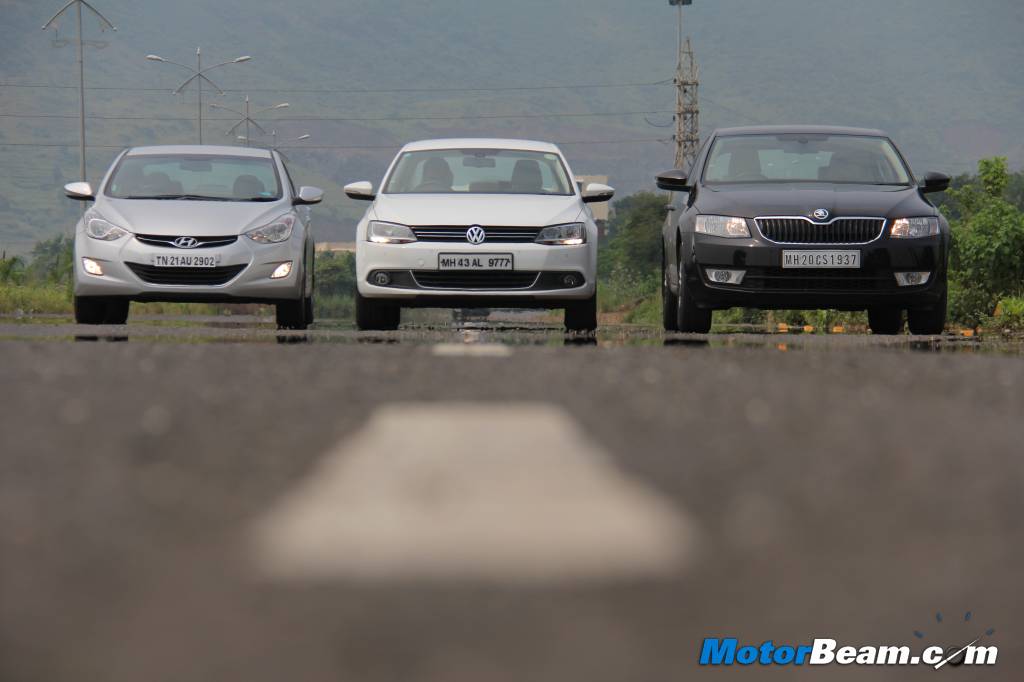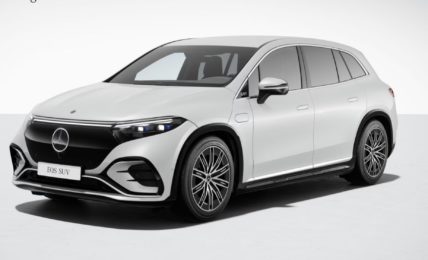Are you in the market looking for a new car? Then we are sure that you are confused between all the options that are available on sale in various segments today. We get Japanese, German, American, Korean and finally Indian cars in India. Some people usually have preferences for certain manufacturers or manufacturers from certain parts of the world. Some others don’t have any preferences and they choose to buy what their heart and mind likes. Is the country of origin of the vehicle manufacturer really an important factor while choosing a new car? Vehicles from a particular region of the globe come with certain qualities and some quirks while vehicles from some other parts of the world come with completely different qualities and quirks.
Lets us consider Japanese and European cars here just for examples’ sake. Honda, Toyota, Suzuki, Nissan, etc. are all Japanese automakers selling their vehicles in India today. What is the first thing that comes to your mind when you say Japanese? Yes reliability! Jap cars are known to be extremely reliable and qualified to withstand whatever abuse you want to put them through. These vehicles are also generally known to be easy on the maintenance front and don’t demand much attention from owners. Some other ‘qualities’ of Japanese cars are better fuel efficiency, soft and easy-to-tune suspensions, quirky looks in the lower segments, poor build quality and of course rattles! So we conclude that Japanese vehicles are designed to provide a hassle-free ownership experience (barring a lemon or two).
Now coming to European cars, they reek of finesse. Just compare a Rs. 7 lakh Volkswagen Polo and an equally priced Maruti Suzuki Swift and you will find out what we are saying. Euro cars are known for their handling characteristics, fun-to-drive and driver-involving nature, compliant and extremely good ride quality, tank-like build quality and simplistic yet elegant looks. They are also known for reliability issues, comparatively higher maintenance, less capability to withstand abuse, etc. So while Japanese cars are designed to provide an easy and we dare say ‘boring’ experience, the Europeans are completely opposite with more attention paid to the driver as well as the performance of the vehicles.
Coming to American cars, they aren’t really American as most of them are made for specific regions. Like in the case of GM, they are selling us Chinese cars (made by SAIC) and Korean cars (made by their Korean subsidiary GM Daewoo). When it comes to Ford, they are again selling us cars made for emerging markets like the Figo and Classic, both are primary sold in India while the EcoSport is a model which finds buyers mainly in India and Brazil. That said, American car makers aren’t really honest. Case in point is General Motors. Their recent ignition switch issue has caused casualties and the company knew about the problem way back in 2005, requiring less than a dollar to fix it, GM chose otherwise and decided not to recall the cars 9 years back. They did something similar with the Tavera (cheating in India since 2005 by falsifying emission data).
Coming to the Koreans, there is one major manufacturer we know off and that’s Hyundai. Now they can be called a mix of Japanese and German because they offer reliable and affordable cars like the Japanese with the quality, styling and features of German automobiles. Other prominent Korean car companies include Kia (Hyundai owned), Renault Samsung Motors (technically French) and Daewoo (now defunct and owned by GM).
Here we are mainly comparing Japs and Euros. Cars from other countries like Korea, America, etc. come with their own unique set of qualities too. By analysing the sales trend in India, we can say that most buyers in the A, B, C segments (upto Rs. 10-12 lakhs) prefer Japanese cars while those looking for premium vehicles find solace in German vehicles. The snob value offered by a Rs. 22 lakh Skoda Superb cannot be matched by the similarly priced Hyundai Sonata, at least in a country like ours. We have also seen that most Indian-origin cars from Tata Motors and Mahindra don’t generate enough faith from the public. Trends are changing though, and right now the company that manages to provide a great combination of all factors at a good price is the winner!
Time for the big question – Does the country of the car manufacturer really affect your buying decision? Do you prefer Japanese or European? Let us know your opinions by commenting below.






